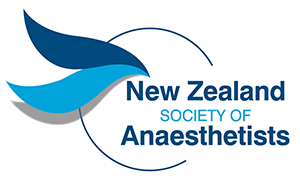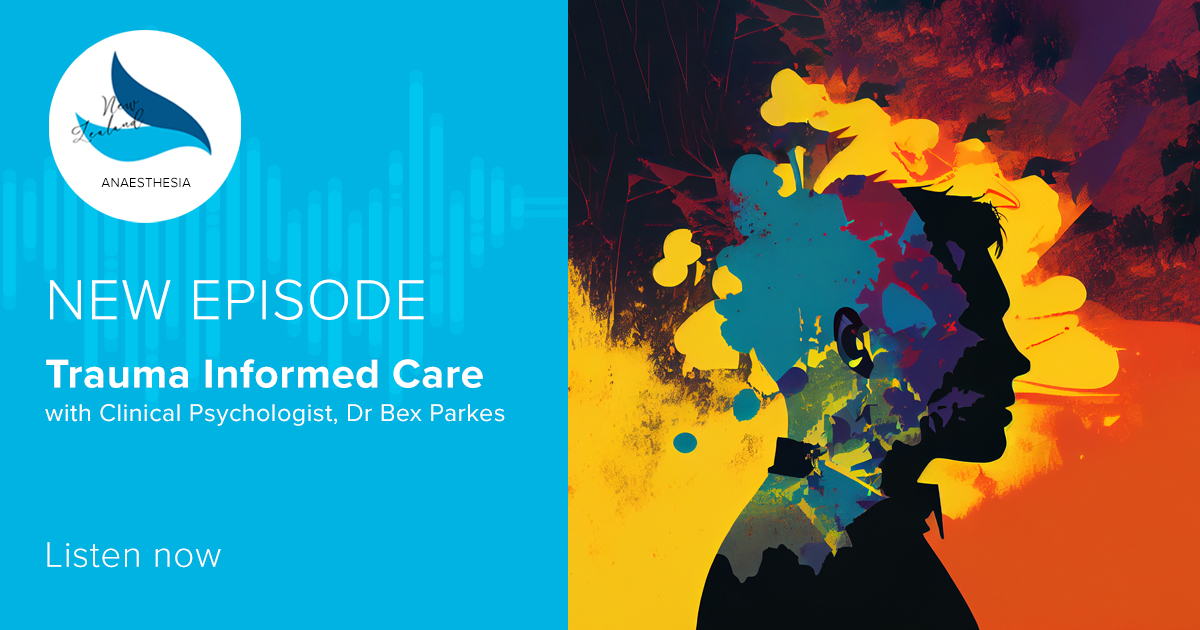ACC claims – Accidental dural puncture & Accidental awareness under anaesthesia

The NZSA regularly meets with our Health Partners at ACC to discuss items of relevance to our members. Recent discussions have included accidental dural puncture and accidental awareness under anaesthesia. ACC has provided helpful insight that we share below.
Accidental Dural Puncture
Recently within the National Obstetric Anaesthetists (NOA) Network we have been discussing Accidental Dural Punctures (ADP) and Post Dural Puncture Headaches (PDPH). We share the information below for its relevance to both obstetric and non-obstetric anaesthetists.
ACC Treatment Injury
ACC have informed us that accidental dural puncture associated with a postdural puncture headache meets the criteria for a treatment injury. For this reason, we recommend doing the relevant paperwork (ACC45 plus Treatment Injury form (ACC2152)) when a postdural puncture headache occurs.
Although completing the forms take time, it may provide benefit to the patient if they have longstanding symptoms (higher rates of chronic headache after PDPH), a significant complication (e.g. subdural haematoma), or need additional assistance during their recovery.
If you have issues with ACC approval, please contact the NZSA so this can be followed up.
Website
A website offering more information relating to PDPH for both patients and clinicians has been developed by Dr Caroline Ariaens (Anaesthetist at Te Whatu Ora – Waikato and Chair of NOA). Visit www.postduralpunctureheadache.com
Click here for more on the National Obstetric Anaesthetists Network (NOA).
Accidental awareness under anaesthesia
If you have a case of concern, please do contact the NZSA who can alert the case with our Health Partners at ACC.
Whilst this is an infrequent occurrence, it is understandably a potentially traumatic experience and could lead to a patient requiring psychological treatment. Research suggests prompt psychological treatment improves outcomes. However, the ACC process to approve a patient claim for psychological treatment can be lengthy.
This is an issue we regularly broach with ACC with the hope of achieving a faster pathway to psychological intervention.
At our recent meeting with ACC we were grateful to receive some insight and advice.
Over the past five years, there have only been six claims that have any relevance to this issue, but only one was under a general anaesthetic (GA) (the others were under Local Anaesthetic with sedation). This GA case was eventually declined (no details of the case or process were revealed). This low number of claims would not suggest to ACC that this is a neglected area.
Under the legislature ACC operates from, any mental injury claim needs to be thoroughly assessed to establish if a physical injury has ‘materially contributed to’ the mental injury. If such an association is found, the process is much simpler. An example of this might be awareness during the wound incision (the wound itself is not a treatment injury given it is a necessary and ordinary part of the procedure, but it may be causally linked to the mental injury resulting from the awareness at the time). If, however, there is no physical injury component (for example the awareness was only during intubation with no actual “injury” established at the time), then any mental injury would be harder to link. It’s not impossible that a claim might be accepted in this circumstance (e.g. if a necessary and ordinary physical injury was deemed to have occurred during awareness), but the process is more complex (and therefore longer).
ACC is very receptive to helping to address this issue. They have the following two recommendations:
- In any case of suspected awareness, an ACC Treatment Injury claim should be submitted. This would have two potential benefits. Firstly, it would give ACC more insight into the frequency of suspected or actual awareness cases. Also, even if at first the patient appears unaffected, the trauma could be delayed and they might wish to seek treatment in the future. The claim made at the time of occurrence will be helpful for this.
- If you think a patient has developed a mental injury (or is very likely to) from a case of awareness, lodge the claim but also contact the NZSA. We will be able to alert our Health Partners at ACC to the case. They have suggested they could work together with their psychology advisors to try to expedite the investigation and consider whether there are any avenues via which psychology support could be provided to patients while the investigation process is underway.


